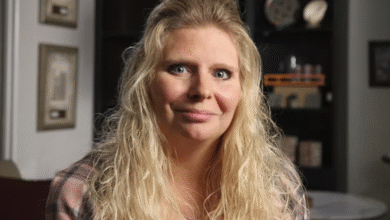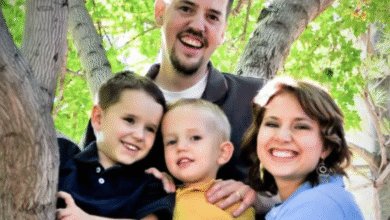The Tragic Case of Shanda Sharer: A Chilling Tale of Teenage Violence
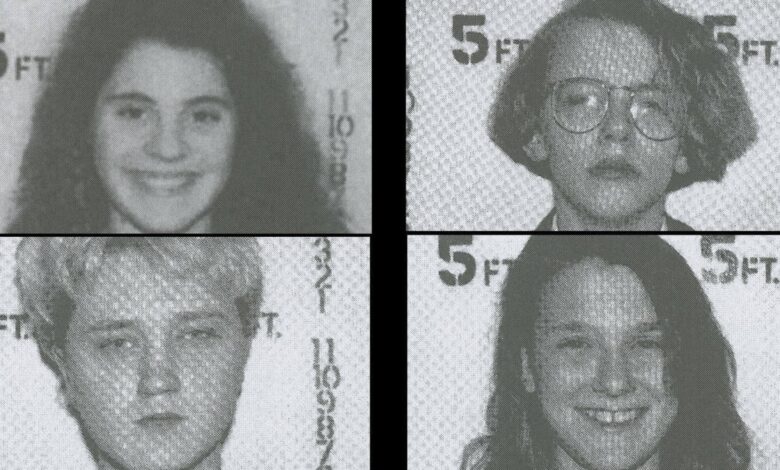
The Tragic Case of Shanda Sharer: A Chilling Tale of Teenage Violence
The brutal murder of 12-year-old Shanda Sharer in 1992 remains one of the most disturbing cases of teenage violence in American history. The crime, committed by four teenage girls in Madison, Indiana, shocked the nation with its cruelty and the age of both the victim and the perpetrators.
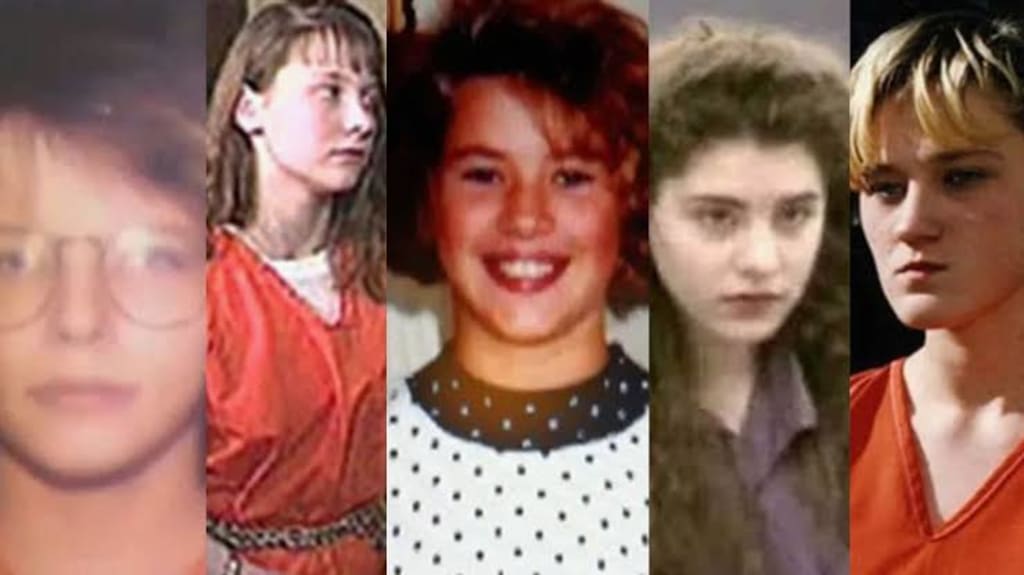
Who Was Shanda Sharer?
Shanda Renee Sharer was a bright and energetic 12-year-old girl who had recently moved to Indiana and was adjusting to life at a new school. Like many girls her age, Shanda was exploring friendships and early romantic relationships. Unfortunately, this innocent journey led her into the crosshairs of jealousy and obsession.
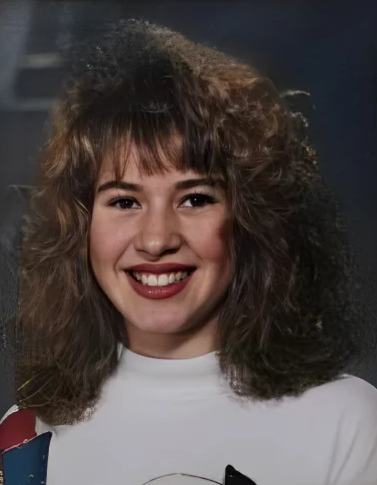
The Perpetrators
The crime was orchestrated and carried out by four teenage girls: Melinda Loveless (16), Laurie Tackett (17), Hope Rippey (15), and Toni Lawrence (15). The primary instigator, Melinda Loveless, was jealous of Shanda’s relationship with her ex-girlfriend, Amanda Heavrin. This jealousy turned into hatred, and she plotted to confront and ultimately harm Shanda.
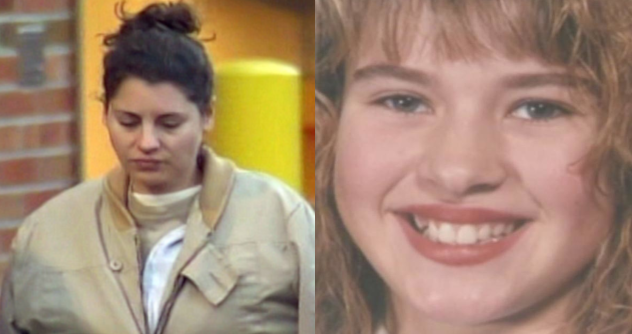
The Crime
On the night of January 10, 1992, the four girls lured Shanda from her father’s house under the pretense of meeting Amanda. They took her to a remote location, where they intimidated and assaulted her. What followed was hours of torture that escalated into a gruesome murder. Shanda was beaten, stabbed, and ultimately burned alive.
The details of the murder are deeply disturbing, revealing a level of cruelty that shocked even seasoned investigators. The girls returned to the scene multiple times to check on the body, and one of them even bragged about the crime afterward.
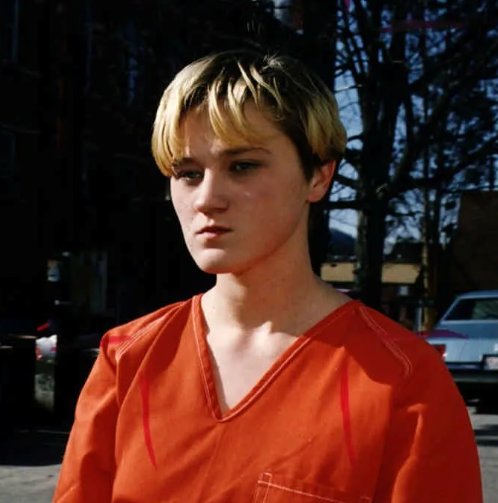
The Aftermath
All four girls were arrested and eventually pleaded guilty to various charges related to the murder. Because they were juveniles, they avoided the death penalty but received lengthy prison sentences:
Melinda Loveless: 60 years
Laurie Tackett: 60 years
Hope Rippey: 60 years (later reduced)
Toni Lawrence: 20 years
Over the years, some of them have been released on parole, sparking public debate about justice, rehabilitation, and the limits of the juvenile justice system.
Legacy and Public Reaction
The murder of Shanda Sharer remains a painful chapter in American criminal history. It highlighted issues of teenage mental health, jealousy-fueled violence, and the challenges of the juvenile legal system. Shanda’s mother, Jackie Vaught, became an advocate for victims’ rights and forgiveness, even meeting and forgiving Melinda Loveless in a widely reported gesture of compassion.
Final Thoughts
More than three decades later, the case of Shanda Sharer continues to raise haunting questions about how such a brutal crime could be committed by such young individuals. It stands as a stark reminder of the importance of early intervention, emotional support for youth, and the lasting impact of violence.

